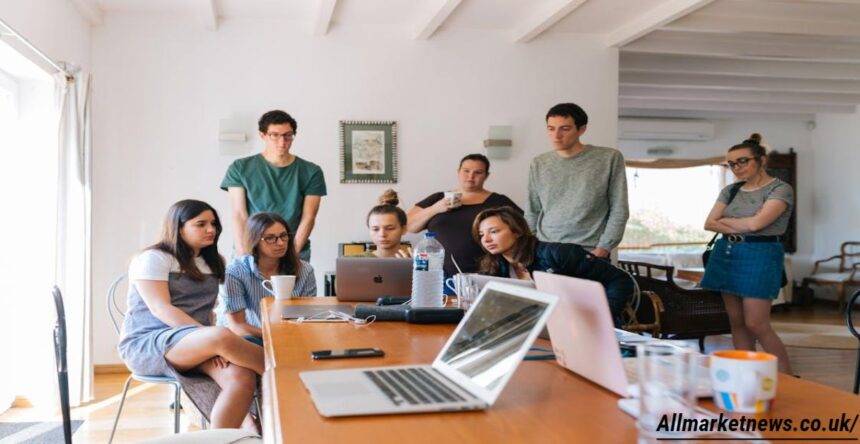|
Getting your Trinity Audio player ready... |
Effective event planning depends on formulating well-defined goals and objectives, which act as a compass throughout the preparation phase. Whether your goals are awareness-raising, lead generation, or networking possibilities—defining what you expect to accomplish helps you build a targeted strategy that matches your team’s activities to these objectives. This clarity improves measuring the event’s success and simplifies the planning process. Essential elements that help to ensure a well-run event include assembling a qualified and varied crew, allocating certain tasks, and encouraging good communication. Frequent assessment and team dynamic modification help guarantee that the combined effort stays in line with the major objectives, ensuring a successful and influential event.
Defining your event goals and objectives
Any event’s success depends on well-defined goals and objectives that direct the whole organizing effort. Having well-defined goals helps you maximise event staffing solutions, whether your objectives are to raise brand exposure, create leads, or create networking possibilities. Aligning your team’s talents and knowledge with these particular results guarantees that everyone is striving toward one goal. This strategic alignment helps you choose the appropriate staff and more precisely compares the event’s success against your initial goals.
Identifying key roles and responsibilities
A well-run team depends on clearly defining roles and obligations. Every member should be specifically focused on logistics, marketing, sponsorship, or guest management. Task assignments based on individual talents and experience help to improve efficiency and guarantee that every facet of the event is attended to. Regular communication and teamwork among team members will further enable a unified strategy, enabling flawless event execution and the capacity to adjust to any unanticipated difficulties.
Assessing team members’ skills and experience
Assembling a qualified team depends on evaluating the knowledge and abilities of possible team members. Think not just about their histories but also about their capacity to meet the particular expectations of your event. Look for those who can contribute creative ideas and new viewpoints and those who have proven successful in related areas or with relevant credentials. Talking about prior events may help you expose their capacity for problem-solving and collaboration dynamics, thus guiding your choice of people who will help ensure the event’s general ambience and running.
Building a diverse and complementary team
The general success of the event could be improved by assembling a team that reflects a variety of complementary talents. Combining people from all origins, experiences, and points of view creates a rich setting for invention and creativity. This variety promotes original ideas and facilitates the resolution of a greater spectrum of problems that can develop throughout the planning and implementation stages. Furthermore, team members with diverse talents may help one another to cover for each other and guarantee that every element of the event is handled professionally, therefore producing a more dynamic and successful result.
Establishing effective communication channels
Ensuring that every team member is in line and informed throughout the planning process depends on efficient communication channels. Whether via meetings or online tools, scheduling frequent check-ins lets one share updates, comments, and any developing issues. Communication and document sharing may be simplified using cooperative technologies, facilitating everyone’s access to critical information in real time. Honest communication helps create a supportive atmosphere in which team members feel free to express their thoughts and difficulties, strengthening the team dynamic.
Evaluating team performance and making adjustments
Finding areas of strength and development for your team depends on routinely evaluating its performance. Feedback systems, including informal check-ins or performance evaluations, may help you learn much about how effectively team members are doing their responsibilities and working together. Whether it means assigning work, offering extra help, or handling any interpersonal conflicts that could develop this continuous assessment lets one make quick changes. Encouragement of a culture of ongoing development helps to maximise the team’s performance and guarantee that everyone stays focused on reaching the event’s objectives.
Ultimately, the precise alignment of objectives, responsibilities, and team dynamics determines the success of an event. Event planners may build a strong foundation that improves creativity and problem-solving by clearly defining goals and gathering a varied team with complementary abilities. Good communication and frequent performance reviews help to guarantee that the team stays coherent and flexible, therefore enabling a seamless running of the event. In the end, encouraging a culture of teamwork and ongoing development propels the event towards its expected results and enhances the experience for every individual engaged.
